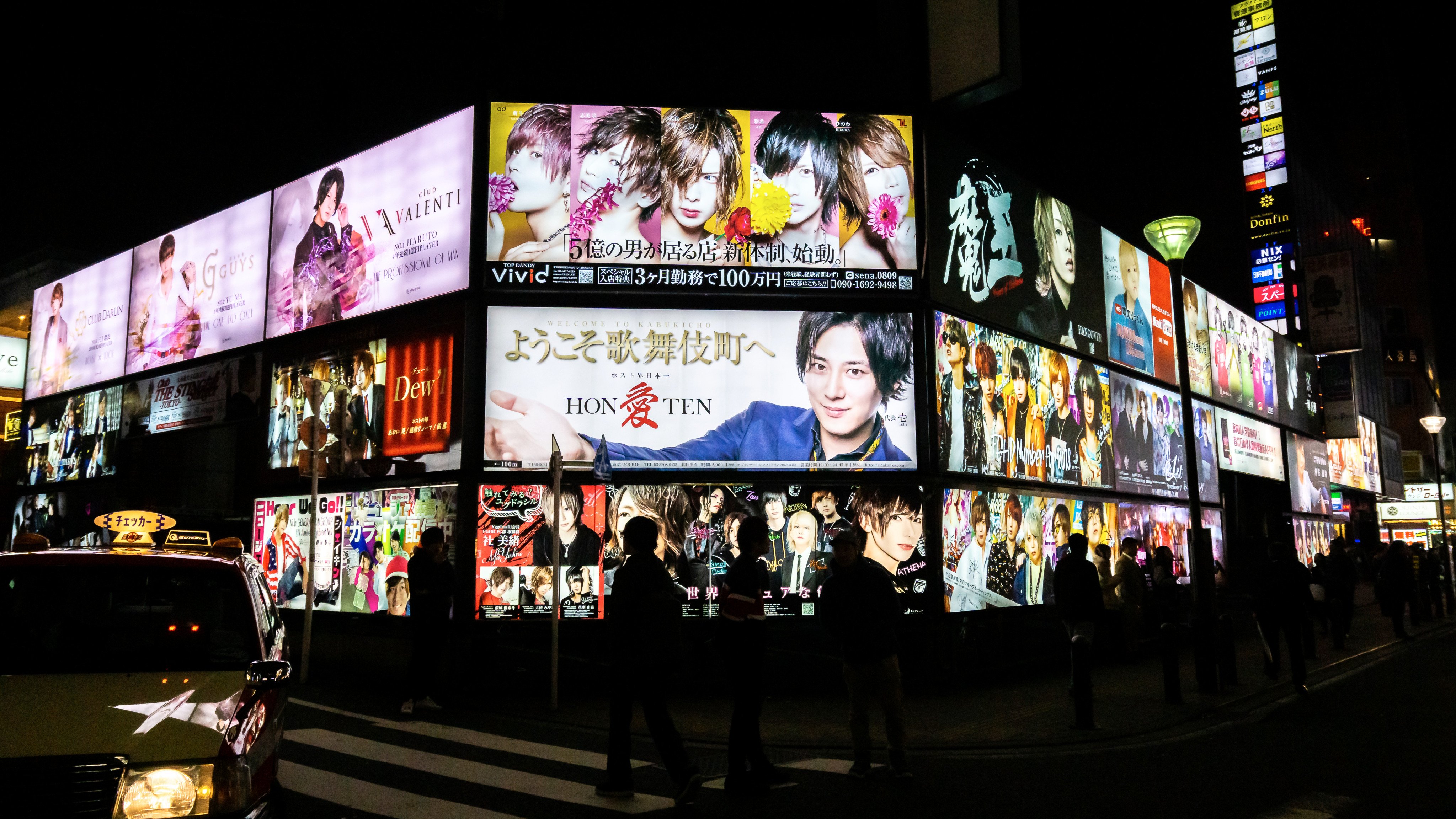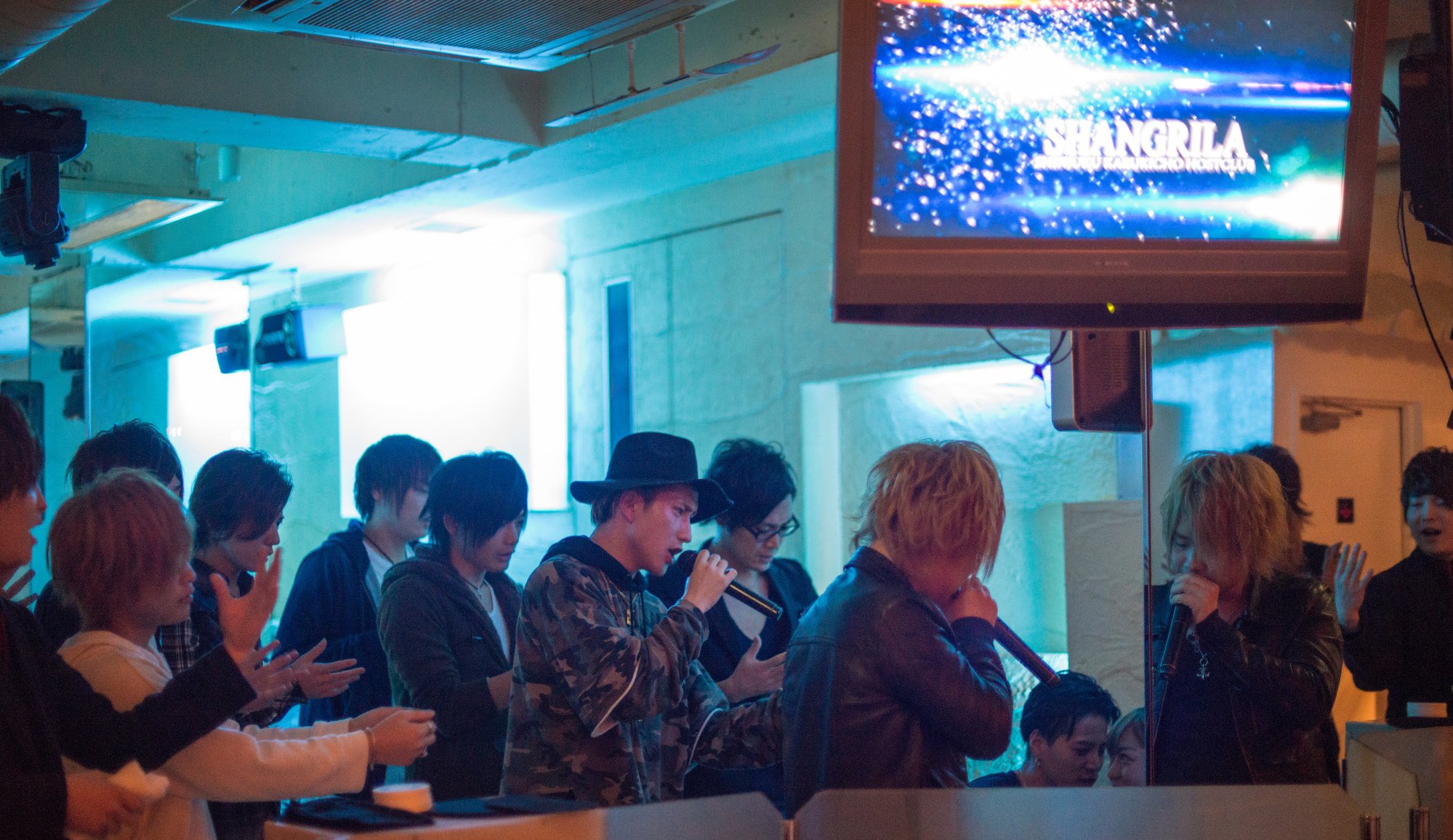Japan’s host clubs face reform as new law targeting predatory practices bites
Last year, police received 2,776 host club-related complaints, with many involving women being forced into sex work to cover unpaid bills

In Japan’s shadowy nightlife districts, affection can come at a steep price. For thousands of women, a night of flirtation with a well-dressed host has turned into financial ruin and, in some cases, coerced sex work. Now, the Japanese government is stepping in with a revised law aimed at ending the industry’s most predatory tactics.
The revision to the Entertainment Business Law, which comes into effect on June 28, applies to both host and hostess clubs. However, it appears to target host clubs specifically, after recent reports of female customers being pressured into prostitution or acting in adult videos to repay their debt from overspending at these clubs.
Last year, police received 2,776 host club-related complaints nationwide, with many involving women being forced into sex work to cover unpaid bills, The Japan Times newspaper reported.
Under the new rules, hosts cannot emotionally manipulate customers into spending – a common tactic – by using lines like “if you don’t order, you won’t be able to see me” or “I’ll get demoted if I don’t increase my sales, so buy that bottle of champagne”, according to media website SoraNews24.

It will also be illegal for clubs to falsely advertise – by luring customers with cheap drinks only to charge exorbitant fees – or bill for unordered food and drinks.
A local public safety commission will instruct any club found violating these rules to stop and, if it fails to do so, it may lose its business license, according to Kyodo news agency.
More serious offences will be deemed criminal and perpetrators could be fined up to one million yen (US$6,940) or jailed for a maximum of six months. This includes coercing indebted customers into sex work as well as “scout back” arrangements, in which clubs receive kickbacks for introducing customers to scouts in the sex industry.
Police estimate there are around 1,000 host clubs in Japan as of the end of last year. About a third of them are in Tokyo.
Authorities raided 729 host clubs accused of preying on women customers in November and December 2023 across the 19 prefectures. Of these, 203 were fined and told to adhere to the law, such as by clearly displaying drink prices, and five were ordered to suspend their operations.
In April last year, Tokyo police arrested four men accused of recruiting women through the “Dekasegi Charme” website to work in the United States’ sex industry. The site allegedly lured women with promises of earning “tens of millions of yen a month”.
The new law has already received some criticism. An expert in the nightlife of Kabukicho – Tokyo’s red-light district – argued that it was sexist and reflected deeply entrenched disdain for women.
“The politicians passing these laws look down on women attending host clubs, whom they see as selling their bodies to support men. They feel this need to create a system to protect them,” Sasaki Chiwawa, author of The Youth Hooked on Kabukicho, told media website Unseen Japan.
“The narrative in the media is that women are the victims,” Chiwawa said. “They’re young, stupid women, ignorant of the world, who’ve been deceived by hosts. But the hosts are young men too.”
While she agreed that it was good to have rules, “I don’t think any laws will change Kabukicho that much,” she said. “The government can’t regulate issues of love … people who want to go will go. There’s no such thing as a perfect strategy.”